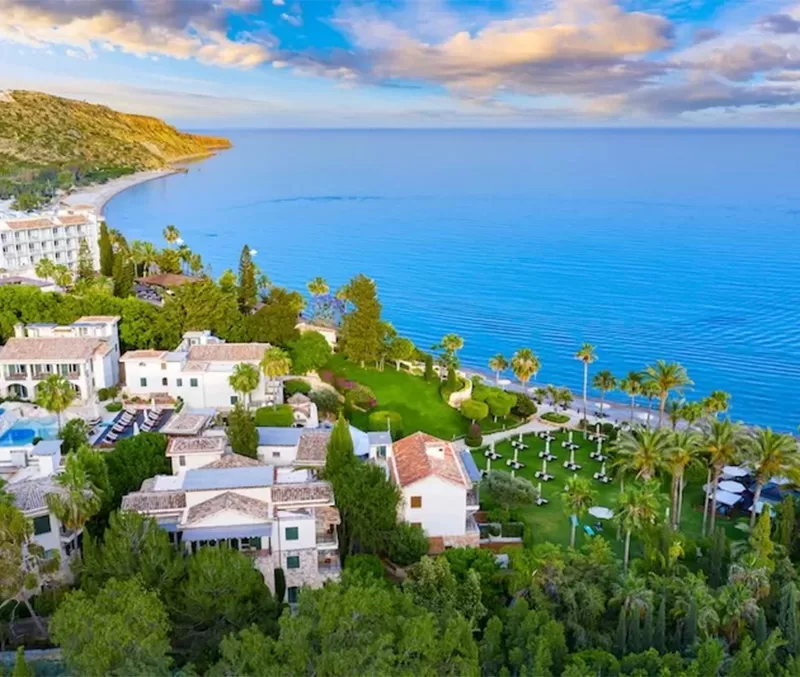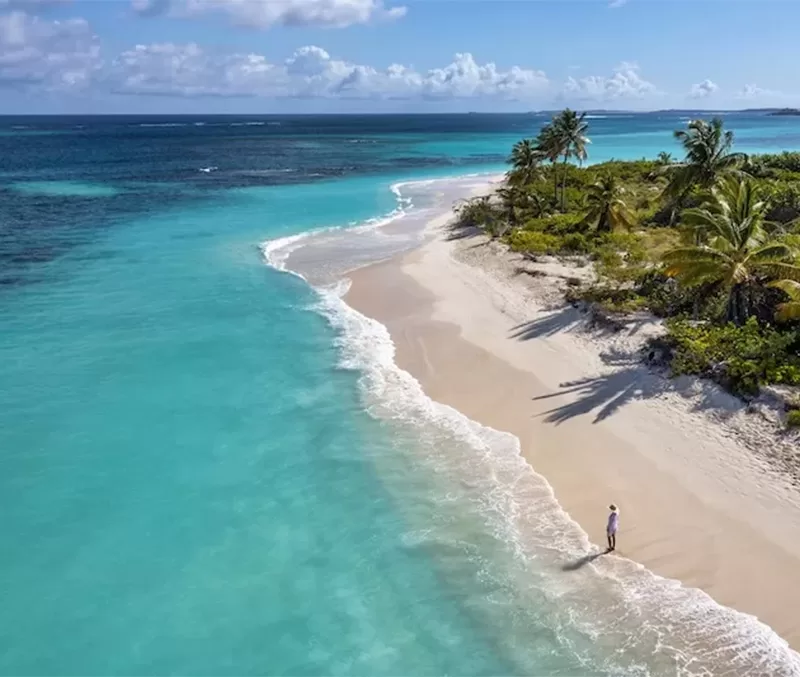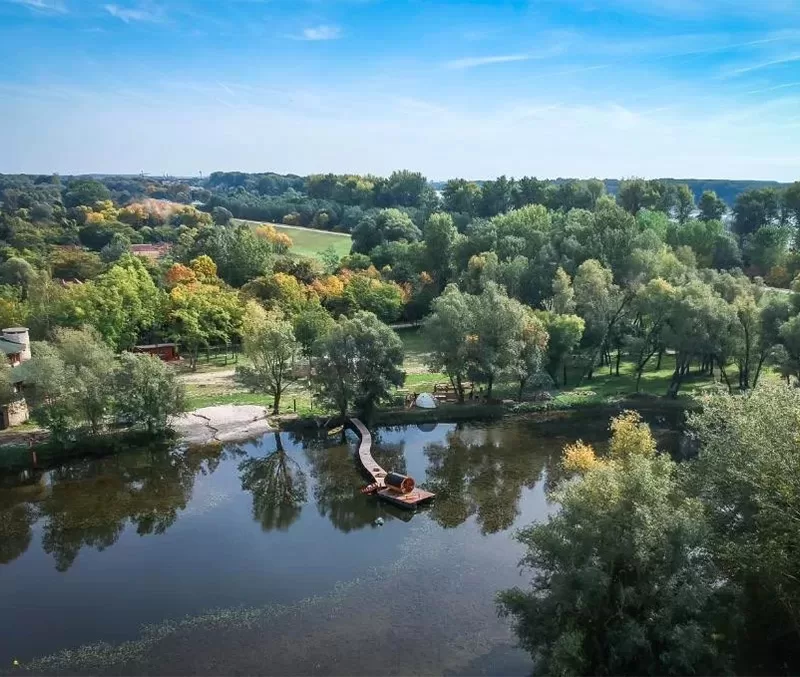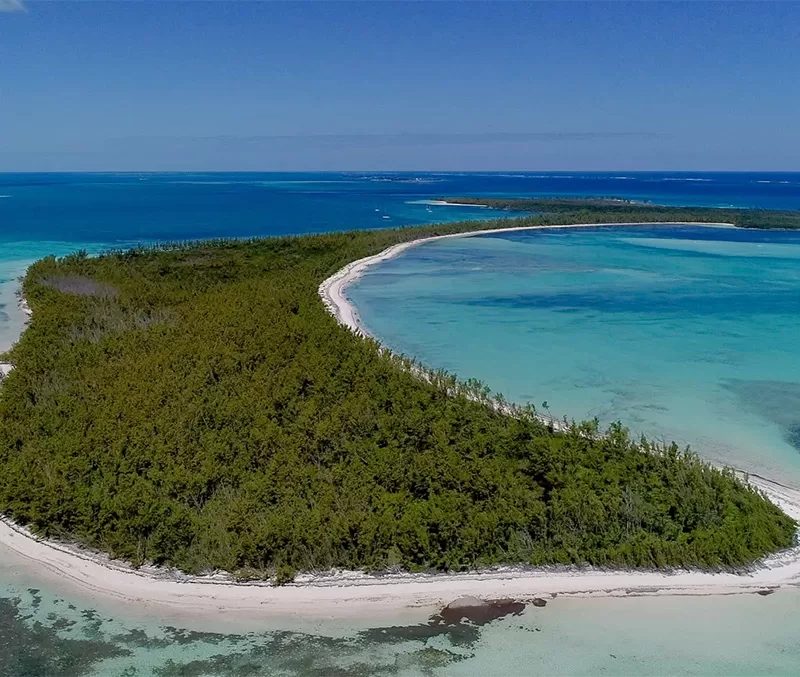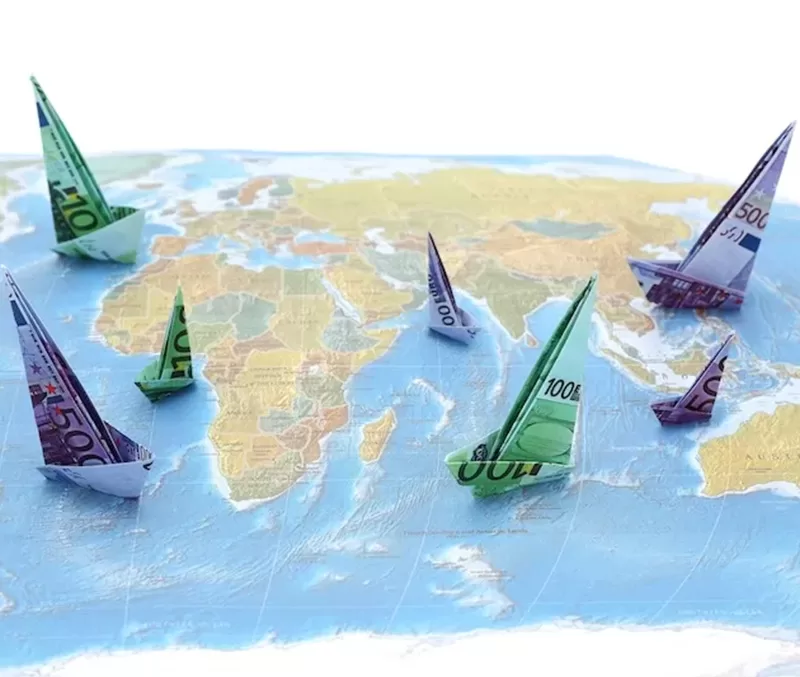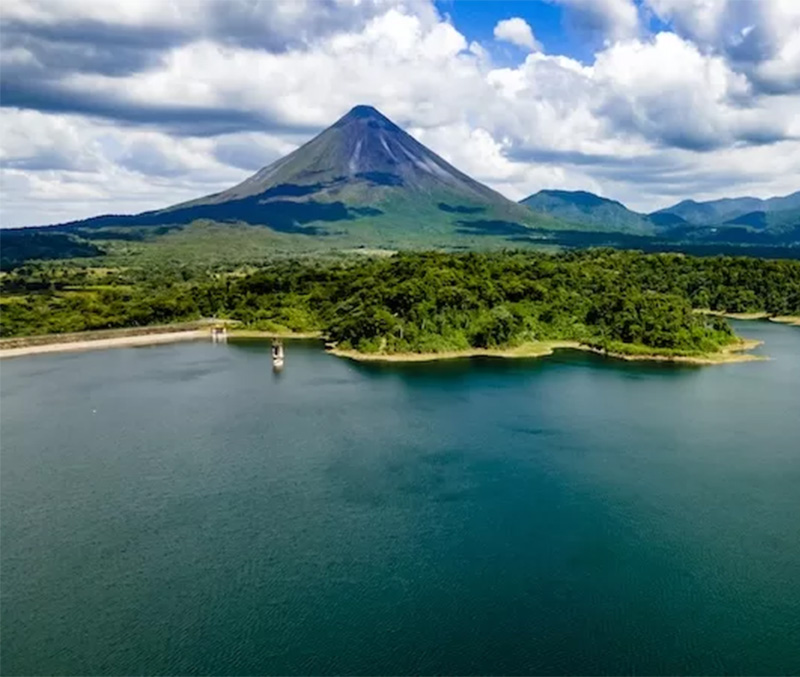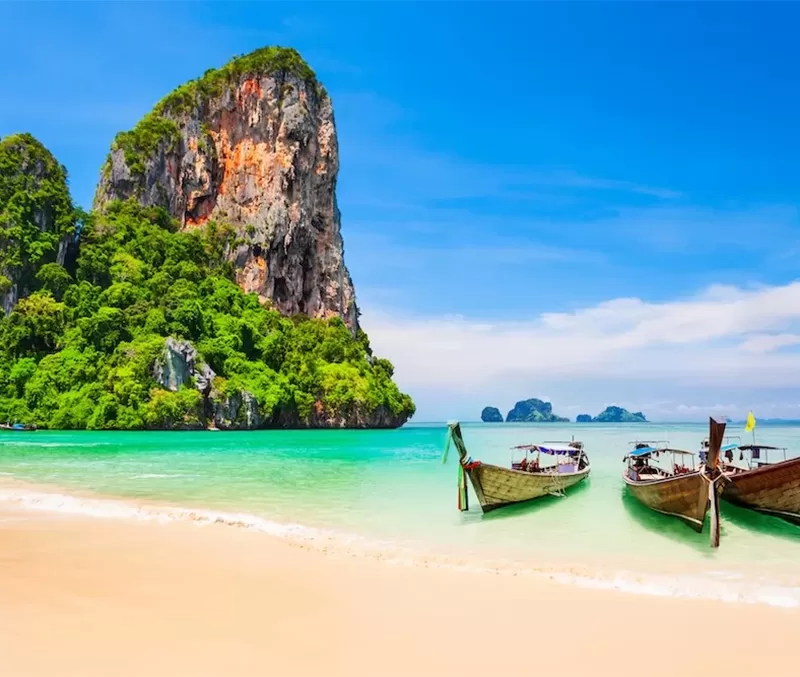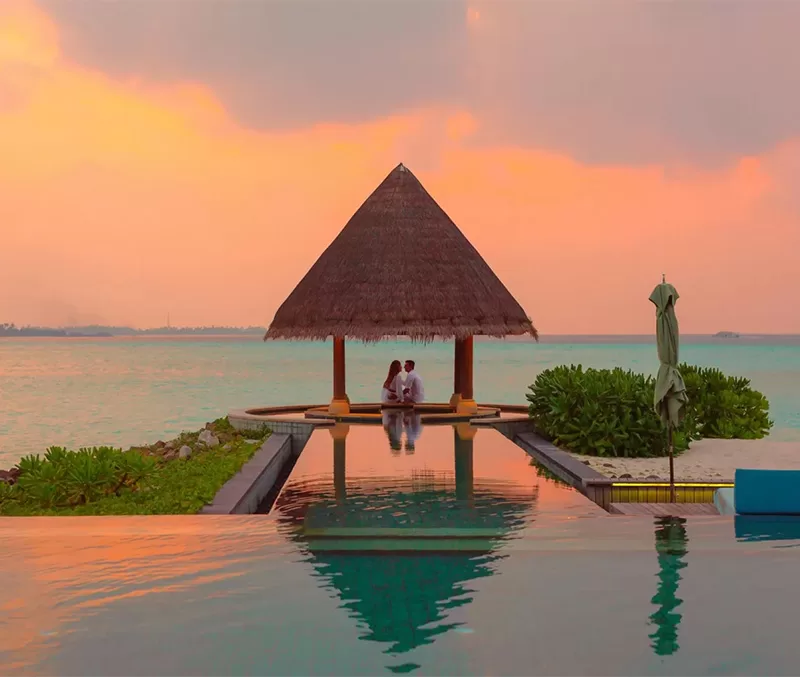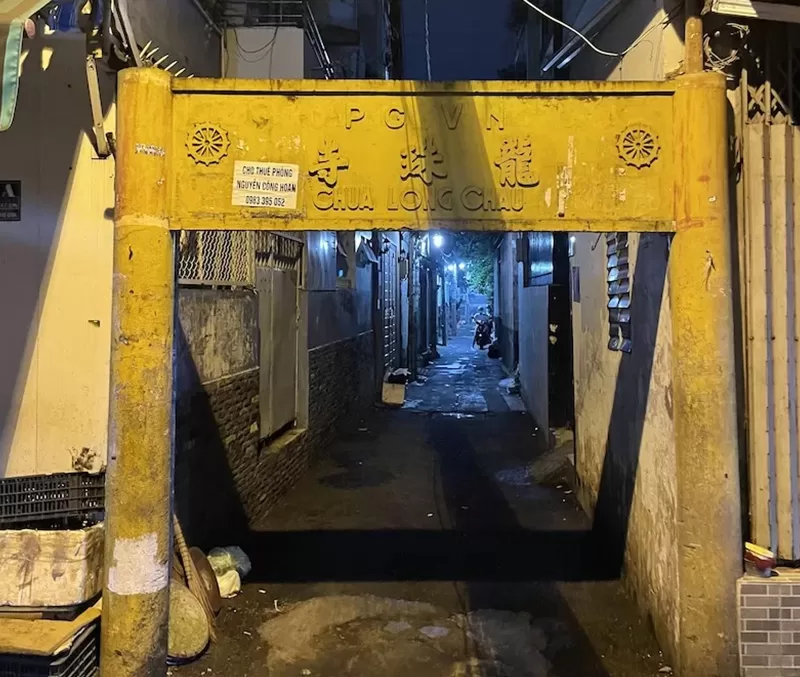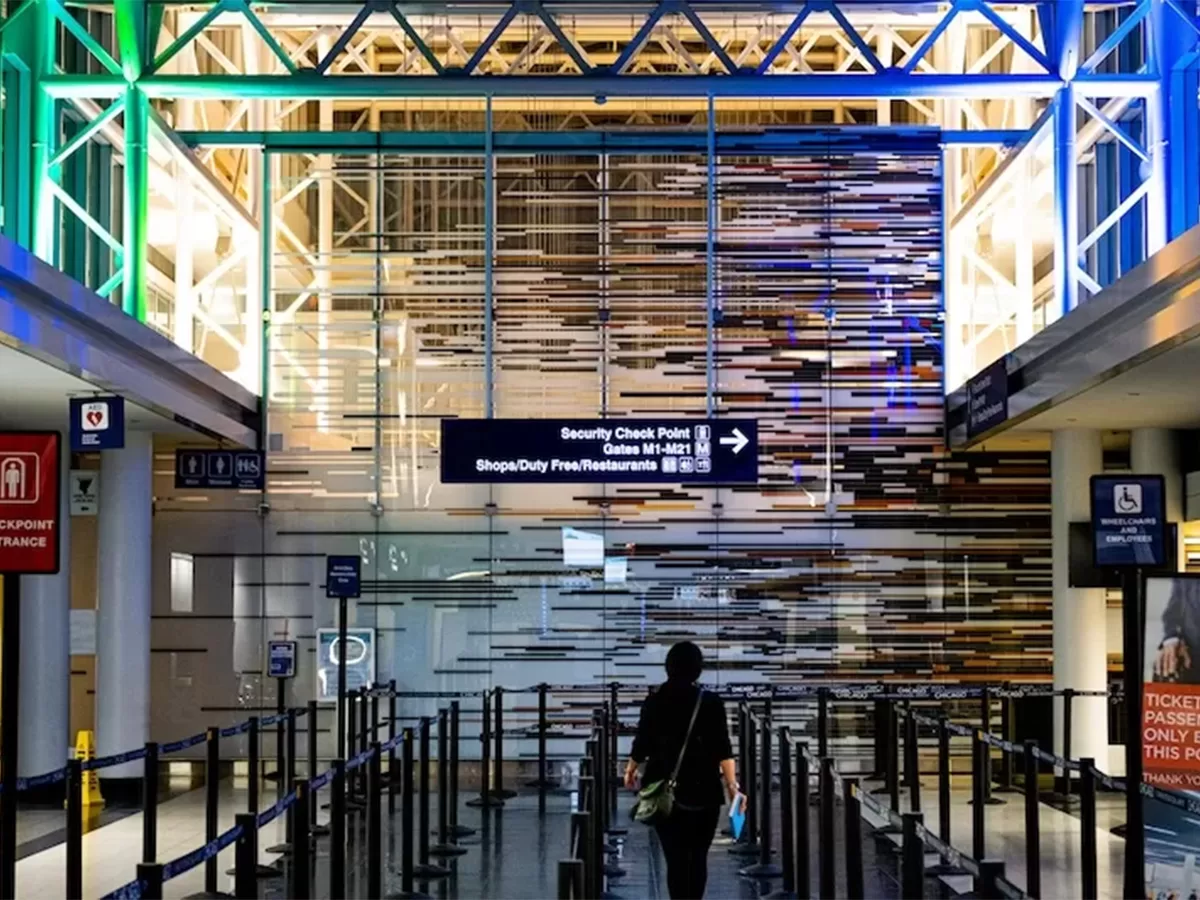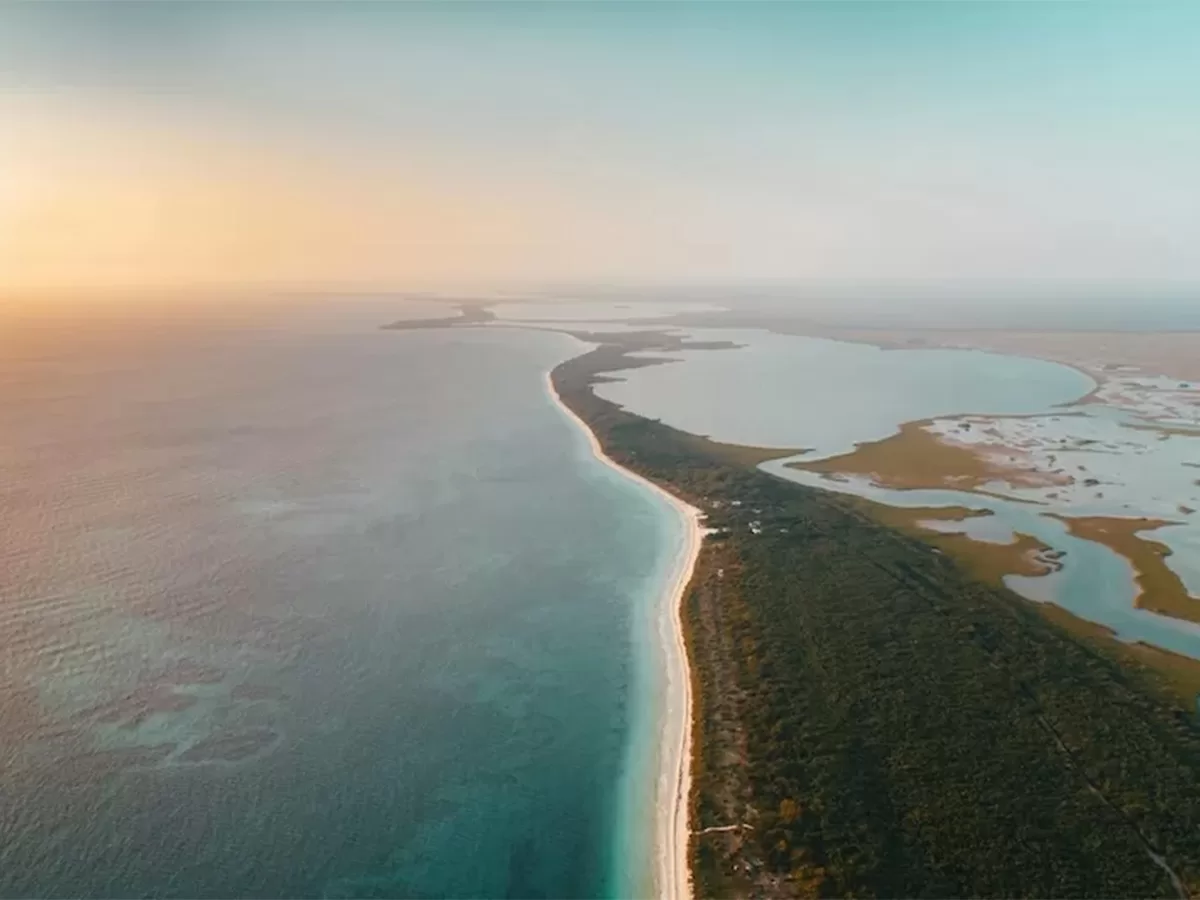Living Overseas In Malta
Malta offers some of the best opportunities for those looking to live abroad. In order to enjoy Malta’s heavenly Mediterranean climate, you have the option of a Schengen Visa or a foreign residency. On the other hand, if you are interested in gaining citizenship, read our article on how to acquire a second passport from Malta.
Before we begin, it’s important to note that under certain circumstances you are not required to apply for a Schengen Visa and/or foreign residency.
1. Malta’s Visa-Waiver Program
For short-term travel (up to 90 days), if your nationality is on Malta’s visa-waiver program, you will not need to apply for this visa. These countries include the United States, Canada, Australia, New Zealand, Israel, Japan, Singapore, and South Korea.
2. Nationals Of EU/EEA Countries
If you’re a citizen of any state within the European Union or European Economic Area, you will not need a visa to visit in Malta, regardless of the length of stay.
Schengen Visas
A Schengen visa allows up to 90 days of travel to any member/s of the Schengen Area, which includes Malta.
To apply, you will need to provide:
- A valid passport, with extra passport-sized photos
- Medical insurance, valid in Malta for the duration of your stay
- Letter of intent outlining your reasons for traveling abroad to Malta, plus proof of a return ticket
- Funds to pay the visa processing fee
Foreign Residency
If you do not hold a passport from an EU or EEA (EU plus Iceland, Liechtenstein, and Norway) member state, or Switzerland, and want to spend longer than three months in Malta, you will have to apply for one of two main forms of residency: Ordinary Residency or Permanent Residency.
Ordinary Residency in Malta
Those who wish to work while residing in the country should consider obtaining an ordinary residency. This will also allow you to register a tax residence to capitalize on the country’s low tax jurisdiction. Once you have found a job and applied (and been approved) for a Maltese work permit, you are immediately given residency in the country. This is valid for you and your spouse to legally live abroad in Malta long-term, though your spouse will have to apply separately for a work permit to hold a job.
Permanent Residency in Malta
Permanent residency is similar to ordinary residency in Malta in that it lets you live indefinitely in the country. It does not, however, allow you to work abroad in Malta. This option may be best for those looking to retire abroad in Europe. Requirements include:
- An interview process
- Net worth of €349,000 or an annual income of €23,000
- A clean criminal record
This type of residency is great because you do not need to physically reside for any regulated period of time on the island, with the right to come and go freely.
However, once the permit is issued, expats living in Malta will need to purchase a property. This can be either an apartment (€70,000 minimum) or a house (€117,000 minimum). There is also the option of paying at least €4,150 in annual rent within one year of receiving the permit. You will also need to open a bank account in the country.
Indefinite License
This form of permanent residency is given to foreigners that have at least a 40% share of a company in the manufacturing or financial services sectors. In addition to the business requirements, you’ll need to:
- Be at least 18 years of age
- Have a clean criminal record
- Prove title to one of the following types of property:
- An owned property worth a minimum of €270,000 in Gozo or in the south of Malta, or €320,000 anywhere else in the country
- A rented property of at least €10,000 per year in Gozo or in the south of Malta, or €12,000 per year anywhere else in the country
- Hold a minimum investment in Malta for at least 5 years at €250,000
- Have the application approved as not being against public interest
To maintain this type of residency, holders will need to prove that they have a minimum of €100,000 in annual income being generated outside of Malta or have a minimum capital of €500,000. This license will give the holder, his/her spouse, and any legal dependents the right to live abroad indefinitely in Malta. Visit our page on investing abroad in Malta to learn more about the Maltese “Golden Visa.”
Author Bio:
Tyler Sorce is an American writer and digital nomad currently living in Lisbon, Portugal. In a past life he was a chef in Manhattan and Paris, follow his travels and favorite dishes on Instagram.






